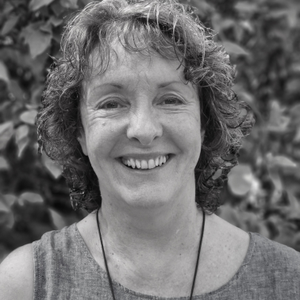In an environment where people are facing increasing barriers to services and growing disconnection from meaningful support, Community Development (CD) offers us a model and framework to drive connection whilst building upon strengths in individuals and communities.
This innovative workshop will discuss the key values, principles and concepts of Community Development, and explore how these might inform our day-to-day practice to support sustainable outcomes at both the individual and community level.
Time zone
Ahi events are scheduled in the time zone in which they are held or hosted and may vary dependent on your location. Use our add to calendar option to check if a time difference applies to your location.
This online workshop takes a blended learning approach.
- 1 x 3-hour online workshop session via Zoom
- Access to online self-study learning content and downloadable resources
What you'll learn:
- Understanding and valuing community and connection in every role we undertake
- The guiding values and principles of community development
- Examining ideas of power/powerlessness and how it informs our approach to supporting others
- Identifying and mobilising existing assets to support capacity building
Who should attend:
- Anyone who wants to be well-equipped to support others during times of crisis
- Open to all levels of experience
- Does not require previous mental health skills training
Karen has over 25 years experience in the brief crisis intervention and community recovery sectors. She is an expert facilitator in the fields of Psychological First Aid, Community Recovery and Resilience, Suicide Prevention, and Domestic and Family Violence.
Hannah is passionate about facilitating thoughtful and experiential learning opportunities, informed by community development principles and a cross-disciplinary approach. Hannah's approach to learning is grounded in values-driven practice and over a decade's experience in frontline community work. Hannah has worked extensively with individuals, families, and communities facing a range of complex and competing challenges including homelessness and insecure housing; financial stress; domestic and family violence; child protection; substance use; suicidal ideation; and mental health.
Non-Member
Affiliate Member
All other Members
Where applicable, GST will be applied

